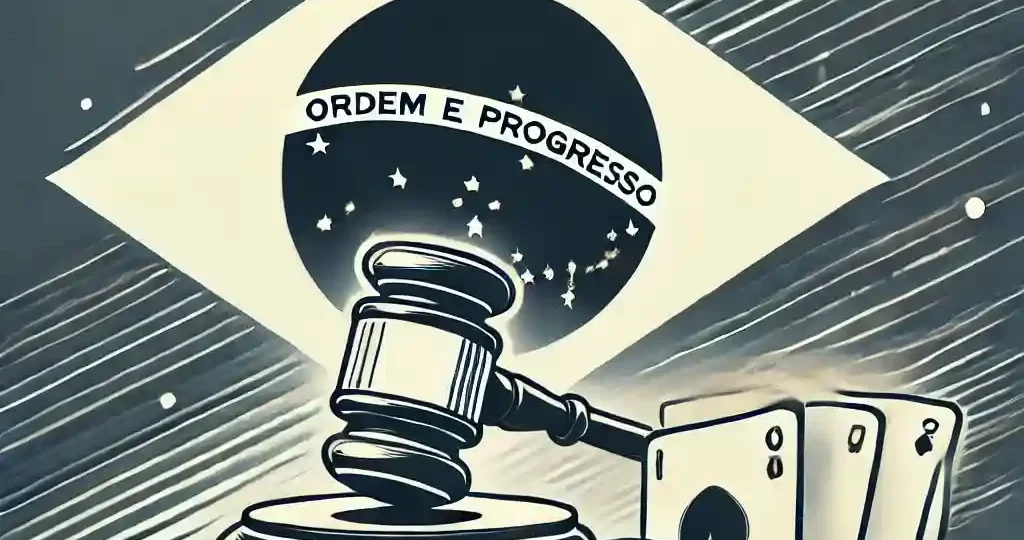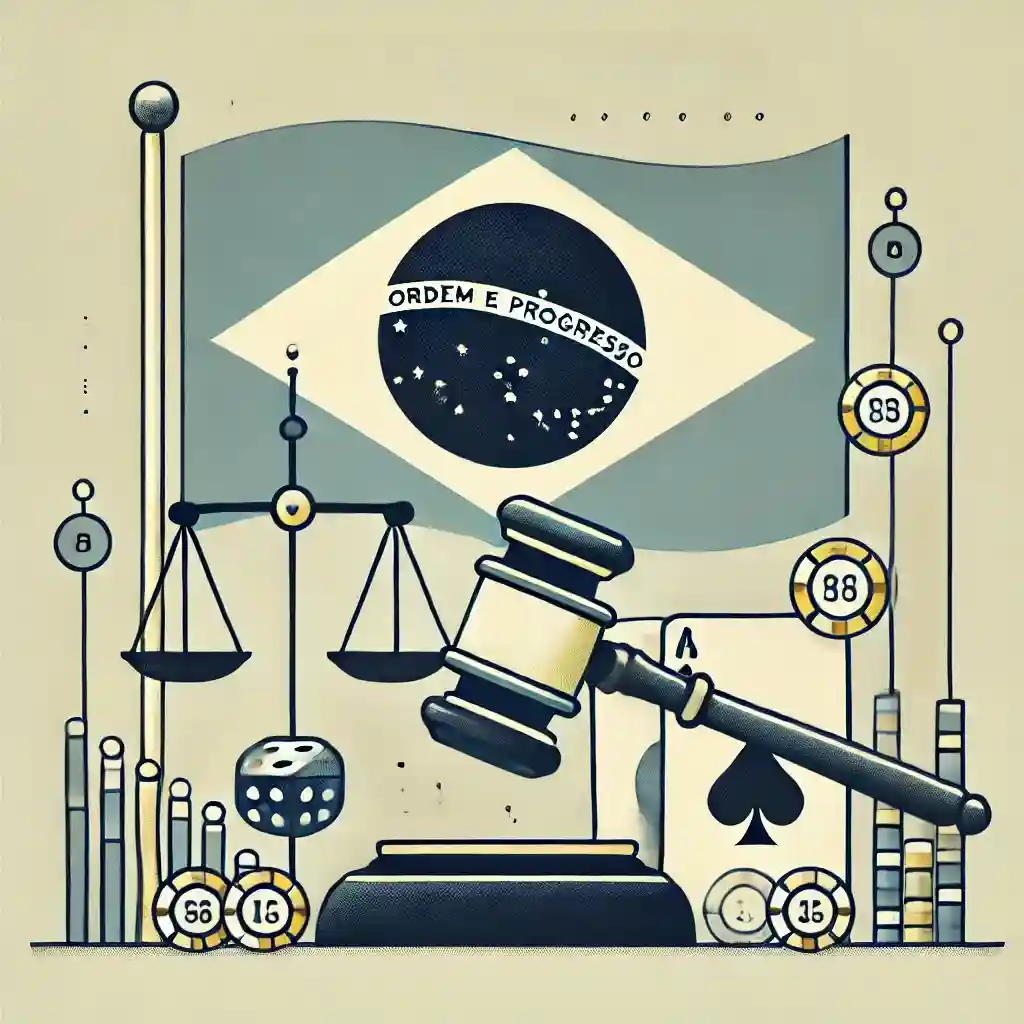
Introduction
Legalizing Casinos in Brazil | On June 19, 2024, the Senate’s Constitution and Justice Committee (CCJ) approved a bill to legalize casinos, bingo, and the popular gambling game, jogo do bicho, in Brazil. This legislation represents a major shift in the country’s approach to gambling, promising economic benefits while also raising social concerns.
Background of Gambling in Brazil
Historical Context
Gambling has a long history in Brazil, with various forms of betting and games of chance being popular throughout the years. However, strict regulations have kept most gambling activities illegal since the 1940s.
Previous Legal Restrictions
The current legal framework in Brazil, established in 1946, banned most forms of gambling, including casinos and jogo do bicho. Despite these restrictions, illegal gambling has persisted, particularly in the form of jogo do bicho, which has deep cultural roots.
Details of the New Legislation
Overview of the Bill
The newly approved bill aims to legalize and regulate several forms of gambling, including casinos, bingo halls, and jogo do bicho. The bill sets out specific guidelines for the establishment and operation of these gambling activities.
Key Provisions
Key provisions of the bill include the issuance of licenses, establishment of regulatory bodies, and measures to ensure responsible gambling. The bill also outlines the taxation framework for gambling operators.
Legislative Process
The bill’s approval by the CCJ is a significant step, but it must still pass through other legislative stages, including approval by the full Senate and the President’s signature, before becoming law.
Support and Opposition
Arguments in Favor
Proponents argue that legalizing gambling will boost the economy by generating substantial tax revenue and creating jobs. They also believe it will attract tourists and reduce illegal gambling operations.
Arguments Against
Opponents are concerned about the potential for increased gambling addiction and associated social problems. They also worry about the influence of organized crime in the gambling industry.
Economic Impacts
Potential Revenue
Legal gambling is expected to generate significant revenue for the government. Estimates suggest that the taxes collected from gambling operations could be used to fund public services and infrastructure projects.
Job Creation
The opening of casinos and bingo halls is anticipated to create numerous jobs in construction, hospitality, and gaming operations. This could provide a much-needed boost to the job market.
Impact on Tourism
Legal gambling could make Brazil a more attractive destination for tourists, especially those looking for entertainment options similar to those offered in Las Vegas or Macau.
Social Implications
Effects on Society
While the economic benefits are clear, the social implications are more complex. There are concerns about the impact on low-income individuals who might be more vulnerable to gambling addiction.
Addressing Gambling Addiction
To mitigate the risk of addiction, the bill includes provisions for responsible gambling measures, such as self-exclusion programs and support services for those affected by gambling problems.
Comparison with Other Countries
Case Studies: USA
In the USA, gambling is legal in several states, with Nevada and New Jersey being prominent examples. These states have seen significant economic benefits from legalized gambling, including increased tourism and job creation.
Case Studies: Europe
Countries in Europe, such as the United Kingdom and Monaco, have long histories of legalized gambling. These countries have well-established regulatory frameworks that could serve as models for Brazil.
Regulation and Enforcement
Regulatory Bodies
The bill proposes the creation of regulatory bodies to oversee the gambling industry. These bodies will be responsible for issuing licenses, monitoring compliance, and enforcing regulations.
Enforcement Mechanisms
Effective enforcement will be crucial to ensure that the new laws are followed. This includes measures to prevent money laundering and other illegal activities associated with gambling.
Future of Gambling in Brazil
Predictions and Projections
If the bill becomes law, the gambling landscape in Brazil will change dramatically. Experts predict significant economic growth, but also warn of potential social challenges that will need to be managed.
Potential Challenges
Challenges include ensuring robust regulation, preventing gambling addiction, and addressing any negative social impacts. The success of the legislation will depend on how these issues are handled.
FAQs
What is the new bill about? The new bill legalizes casinos, bingo halls, and jogo do bicho in Brazil, aiming to regulate and tax these activities.
Why was gambling illegal in Brazil? Gambling was banned in Brazil in 1946 due to concerns about its social impact and the potential for criminal activities.
What are the expected economic benefits? The legalization of gambling is expected to generate significant tax revenue, create jobs, and boost tourism.
What measures are included to prevent gambling addiction? The bill includes provisions for responsible gambling measures, such as self-exclusion programs and support services for those affected by gambling problems.
How does the bill compare to gambling laws in other countries? The bill is similar to laws in countries like the USA and the UK, which have established regulatory frameworks for legalized gambling.
What are the next steps for the bill to become law? The bill must pass through other legislative stages, including approval by the full Senate and the President’s signature, before it becomes law.
Conclusion
The approval of the bill by the Senate CCJ marks a significant milestone in Brazil’s approach to gambling. While the economic benefits are promising, careful regulation and measures to mitigate social risks will be crucial to the successful implementation of the new laws.
Read also:
Legalization of Gambling in Brazil: Opportunities for Investors

